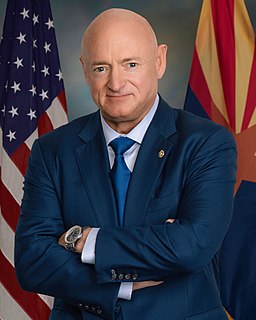A Quote by Ted Kooser
It may very well be that people in San Francisco don't think we have any culture in Nebraska, but we have a different culture, and it's a very deep culture. We have these Czech immigrants, who are making this marvelous ethnic food and their Catholic lives and it's very fascinating stuff.
Related Quotes
I think Americas food culture is embedded in fast-food culture. And the real question that we have is: How are we going to teach slow-food values in a fast-food world? Of course, its very, very difficult to do, especially when children have grown up eating fast food and the values that go with that.
I think America's food culture is embedded in fast-food culture. And the real question that we have is: How are we going to teach slow-food values in a fast-food world? Of course, it's very, very difficult to do, especially when children have grown up eating fast food and the values that go with that.
I arrived in San Francisco in January 1951. After the Second World War, the population was so uprooted. Soldiers came back home for brief periods and took off again. So the population was very fluid, and suddenly it was as if the continent tilted west. The whole population slid west. It took 10 years for America to coalesce into a new culture. And the new culture happened in San Francisco, not New York.
A lot of artists are good cooks as I'm too, but coming from a culture that was very concerned with food, I was very interested in that from the start. If you're interested in food, you're interested in lots of different aspects of culture. And it's like being interested in the music from a certain area, or writing, or whatever-food is part of that, too.
The language of the culture also reflects the stories of the culture. One word or simple phrasal labels often describe the story adequately enough in what we have termed culturally common stories. To some extent, the stories of a culture are observable by inspecting the vocabulary of that culture. Often entire stories are embodied in one very culture-specific word. The story words unique to a culture reveal cultural differences.
We may very well wake up in the not-too-distant future in a culture that is not only unreceptive but openly hostile to the church and the gospel of Jesus Christ, a culture in which those who proclaim the gospel will be labeled as bigots and fanatics, a culture in which persecution of Christians will be not only allowed but applauded.
I think one of the reasons anti-immigration state laws start to happen is they happen in states where there is an enormous influx. In these places, the dominant culture, the Anglo culture has held sway for such a very, very long time. Now, they are living in another culture, another language. They fear losing dominance and control. It is sadly human nature to find a group to scapegoat. This happens throughout man's history.






































